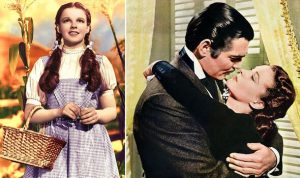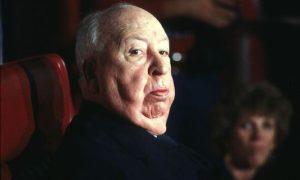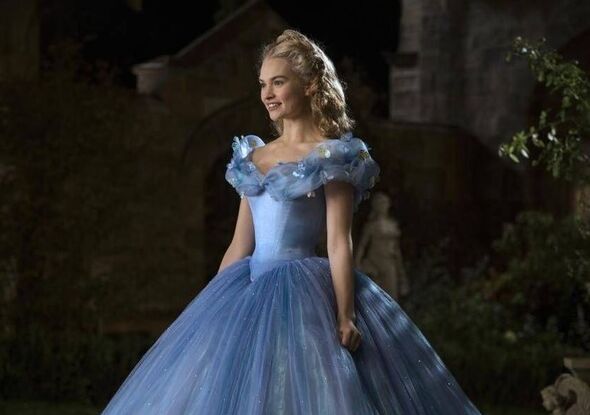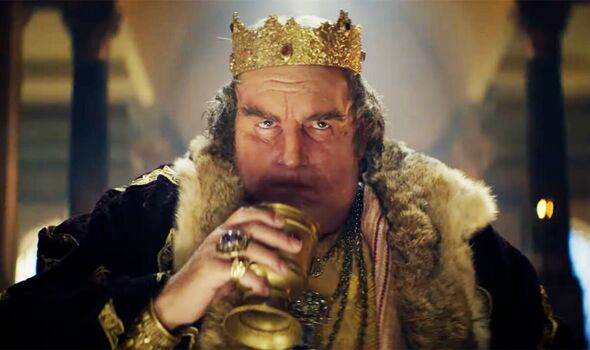Receiving stolen currants: The criminal past of Harrods founder
But a new book by a great-great-grandson of Charles Harrod reveals that the early days of the store were in fact a great deal more murky than this brief – and highly sanitised – account makes out. Far from being a humble tradesman, Harrod was a convict who avoided being shipped to a penal colony only by appealing to King William IV for clemency.
The truth about Harrod’s origins was discovered by Robin Harrod, 71, a retired GP from Cheltenham. His quest began in 1986 when his 11-year-old daughter came home from school one day and asked for his help in completing a family tree for a class project. More than 30 years later he is publishing the results of his research and a fascinating tale it turned out to be.
Charles Harrod’s story begins in 1824 when he started trading as a grocer from premises far from Knightsbridge on the south of the Thames in Southwark. It was when he moved north of the river to run a shop in Cable Street in the East End that Harrod allowed greed to get the better of him.
In the 1830s tea and sugar were arriving in vast quantities at the nearby London Docks from the Far East and the Caribbean. Anyone who could find a way of undercutting their competitors was on to a good thing. Harrod’s solution was to conspire with a porter called Richard Moran, who was employed by a nearby grocer called Messrs Booth, Ingledew and Co.
Unfortunately for Harrod, the former home secretary Sir Robert Peel had established the Metropolitan Police Force seven years earlier and the “Bobbies” or “Peelers” named in his memory had revolutionised policing in the capital.
It was one of these constables who spotted Moran delivering a sack of currants to Harrod. The grocer attempted to persuade the officer who arrested him to turn a blind eye with the promise of a bribe of £50 – £5,250 today.
The policeman refused his offer and Harrod’s case was sent to the Old Bailey. At the trial, another accomplice who turned on his coconspirators alleged that Harrod paid 45 shillings for the currants that would have normally gone for 65 shillings. A contemporaneous press report put it in the language of the age: “Richard Moran was indicted for stealing, on April 2, 1836, 112lb weight of currants, value £3 5s [around £200 today], and one bag, value 6d, the goods of John Healey Booth and others, his masters.
“And Charles Harrod for feloniously receiving the same, well knowing them to be the same, well knowing them to be stolen, against the statute.” Harrod was duly sentenced to seven years transportation to Tasmania. In a desperate bid to avoid such a fate Harrod’s lawyer petitioned the king with the words: “He has a wife and two children, the eldest only three years and a half and the youngest a little more than a year old, both, as well as his most unfortunate partner, in delicate health, and threatened with the most unfortunate consequences, should your unhappy petitioner be removed from this country for the term of seven years.
“Your unfortunate petitioner therefore, in the deepest affliction, most humbly implores of His Most Gracious Majesty’s Clemency that he may not be removed from this country, but that the punishment be moderated so as to give him some hope of being restored to his family, and enable him to show his grateful sense of the mercy extendedto him, by the propriety of his conduct for the remainder of his life.”
Fortunately for Harrod, then aged 37, this plea had the desired effect and his sentence was commuted to a year’s imprisonment on the prison hulk Leviathan moored in Portsmouth harbour. This was a lucky escape for Charles, according to Dr Harrod: “The vast majority of people who went to Tasmania didn’t come back as you had to pay for your own passage home. Had Charles been deported it would have been the end of Harrods.”
As it was, Harrod’s brother William minded the Cable Street shop while he served his sentence. When Harrods moved to its present site on Brompton Road, Knightsbridge was a very different place to the exclusive retail and residential enclave it is today. In its maze of dirty back streets, highway robberies were common and Harrods’ early customer base was an impoverished community of locals.
In those days Harrods sold groceries and hardware goods from three rooms and generated a turnover of £20 a week but as the area around it became more gentrifi ed its turnover mushroomed. By the time the original shop was destroyed by fire in 1883, Harrod’s son Digby – who had taken control of the store in 1860 – had enough capital to build the magnificent Grade-II listed structurethat houses Harrods today.
It quickly became the most prestigious store in London, its exterior lit up at night by 12,000 bulbs, hundreds of which have to be changed every day. Harrods has seen off pretendersto its crown ever since. A hundred years ago this year Harry Selfridge foolishly made a bet with Richard Burbidge, the then managing director of Harrods, that the turnover of his Oxford Street store would overtake Harrods’ within six years of the end of the First World War.
He admitted defeat in 1927. Today Harrods attracts 15 million customers a year and makes more money per square foot than any other store on the planet. But it would never have existed if a certain currant-stealer hadn’t caught King William IV in a forgiving mood all those years ago.
You may be interested

The King of Kings review: Oscar Isaac’s Jesus leads A-list cast in heartwarming animation
admin - Apr 06, 2025[ad_1] The King of Kings review. Oscar Isaac's Jesus Christ leads an A-list cast of Star Wars and James Bond…
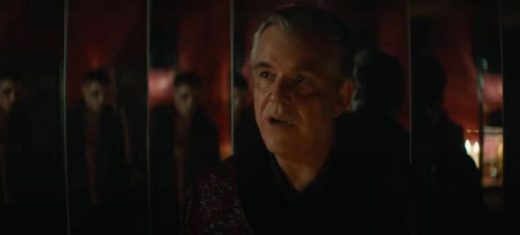
Prime Video fans can now experience one of last year's most controversial films themselves
admin - Apr 06, 2025[ad_1] The original director claimed he tried to stop it from being made [ad_2] Source link
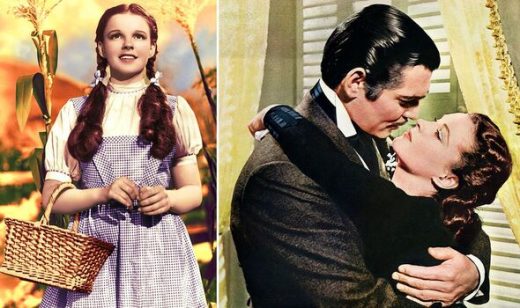
Last Wizard of Oz and Gone with the Wind star turns 106 after surviving 1949 plane crash
admin - Apr 06, 2025[ad_1] The last Wizard of Oz and Gone with the Wind actress, Caren Marsh Doll, celebrates her 106th birthday today…
Leave a Comment
You must be logged in to post a comment.








